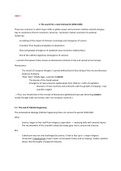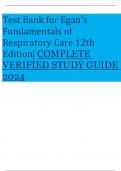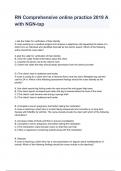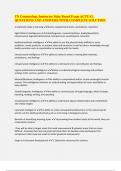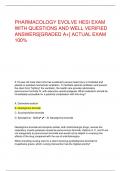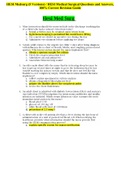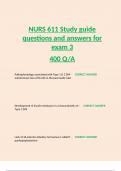Resume
Summary Complete SUMMARIES of History of Political Ideologies (1Ba of Social Science by Professor Zemni)
- Établissement
- Vrije Universiteit Brussel (VUB)
These documents are complete, simplified and organized summaries of the course 'History of Political Ideologies' taught by Professor Dr. Zemni. They have been made out of lectures recordings and the extensive syllabus itself. These regroup all the essential infos with an appropriate amount of detai...
[Montrer plus]
